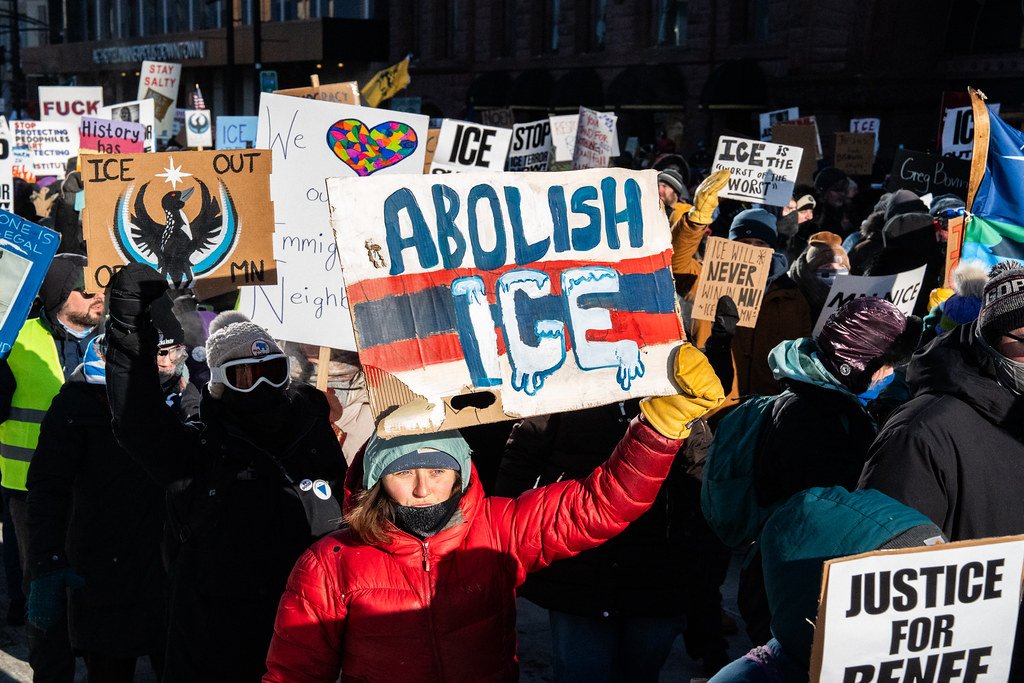Yes, the New Acting Attorney General Can Sign FISA Applications
Acting Attorney General Sally Yates has been fired by President Trump for her decision to order DOJ to not defend the current Administration’s executive order on immigration in court. The New York Times report** includes the somewhat alarming paragraph:
Acting Attorney General Sally Yates has been fired by President Trump for her decision to order DOJ to not defend the current Administration’s executive order on immigration in court. The New York Times report** includes the somewhat alarming paragraph:
Mr. Trump has the authority to fire Ms. Yates, but as the top Senate-confirmed official at the Justice Department, she is the only one authorized to sign foreign surveillance warrants, an essential function at the department.
But those concerned that a critical national security program will now come to a screeching halt can probably rest easy. The New York Times is wrong on this one. Yates’s replacement, U.S. Attorney for the Eastern District of Virginia, Dana Boente does have the power to issue FISA applications.
While the 50 U.S.C. § 1804(a) certification provision in FISA refers to a Senate-confirmed official, the definition of Attorney General does not. 50 U.S.C. § 1801(g) defines the Attorney General as
the Attorney General of the United States (or Acting Attorney General), the Deputy Attorney General, or, upon the designation of the Attorney General, the Assistant Attorney General designated as the Assistant Attorney General for National Security under section 507A of title 28.
Following President Trump’s appointment, Boente is Acting Attorney General under that definition. Notably, Boente has also been Senate-confirmed in his U.S. Attorney role. But even if that weren’t the case, the person succeeding Yates as Acting Attorney General would be authorized to sign FISAs, subject to time limits restricting his or her ability to fill the position.
The Vacancies Reform Act of 1998 (VRA) lays out the protocol for presidential appointment of acting officers to positions that require Senate approval and provides that the President has significant latitude in appointing someone in an acting capacity. Where there is no "first assistant" to be appointed in an acting capacity—which is the case here, as the first assistant is the Deputy Attorney General—then “the President (and only the President)”:
(1) may direct a person who serves in an office for which appointment is required to be made by the President, by and with the advice and consent of the Senate, to perform the functions and duties of the vacant office temporarily in an acting capacity subject to the time limitations of section 3346; or
(2) . . . may direct an officer or employee of such Executive agency to perform the functions and duties of the vacant office temporarily in an acting capacity subject to the time limitations of section 3346, if . . . that officer or employee served in a position in such agency for not less than 90 days; and . . . the rate of pay for the position . . . is equal to or greater than the minimum rate of pay payable for a position at GS-15 of the General Schedule.
5 U.S.C § 3345(a)(2)-(3). Clearly, under either provision, Boente may serve temporarily in an acting capacity. And the referenced time limits prescribed by § 3346 make clear that Boente can serve for only the duration of Sessions’s confirmation process, as it is already underway. If no confirmation process were ongoing, Boente would be allowed to serve for only 210 days from the time the vacancy began.
There is one possible objection in all this: the VRA does not override other statutory provisions that expressly create a succession process. Here, such an Attorney General-specific statutory provision does indeed exist: 28 USC § 508 directs that if neither the Attorney General nor Deputy Attorney General is available, the Associate Attorney General “shall" act as Attorney General. Thereafter, the Attorney General "may" designate the Solicitor General and the Assistant Attorneys General "in further order of succession" to act as Attorney General.
This point may be moot, since it’s not clear there is an Acting Associate Attorney General—Bill Baer, who led the Office of the Associate Attorney General, stepped down last week. But for the sake of thoroughness, we note that to the extent there is a current Acting Associate Attorney General and § 508 is the governing authority, then Associate Attorney General must be permitted to step up to the plate as acting Attorney General. That said, whether § 508 is the governing authority is actually an open question. A Bush-era DOJ opinion in 2001 insisted that it is, stating that “in the case of a vacancy, the Vacancies Reform Act does not apply to the position of Attorney General unless there is no official serving in any of the positions designated by section 508 to act as attorney general in the case of a vacancy." But a 2007 OLC opinion found that "[t]he President may designate an Acting Attorney General under the Vacancies Reform Act, even if an officer of the Department of Justice otherwise could act under 28 USC §508, which deals with succession in the office of the Attorney General."
Notably, an Executive Order President Obama signed shortly before leaving office “Providing an Order of Succession Within the Department of Justice” acknowledges the authority of the President to appoint an Acting Attorney General without regard to the order of succession. That order designates that US Attorney for the District of Columbia, the Northern District of Illinois, and the Central District of California to “perform the functions and duties of the office of Attorney General, during any period in which the Attorney General, the Deputy Attorney General, the Associate Attorney General, and any officers designated by the Attorney General pursuant to 28 U.S.C. 508 to act as Attorney General have died, resigned, or otherwise become unable to perform the functions and duties of the office of Attorney General.”
The order concludes with a section reading: “Notwithstanding the provisions of this order, the President retains discretion, to the extent permitted by law, to depart from this order in designating an acting Attorney General.” While that Executive Order doesn’t bind the current President, it does illustrate that Obama’s own lawyers might agree with Trump on this one.
The bottom line here is that, whatever else may happen over the next few weeks, the FISA process can continue to function.
**Update: The New York Times story has been updated to read:
As acting attorney general, Ms. Yates was the only person at the Justice Department authorized to sign applications for foreign surveillance warrants. Administrations of both parties have interpreted surveillance laws as requiring foreign surveillance warrants be signed only by Senate-confirmed Justice Department officials. Mr. Boente was Senate-confirmed as United States attorney and, though the situation is unprecedented, the White House said he was authorized to sign the warrants.




.png?sfvrsn=48e6afb0_5)


